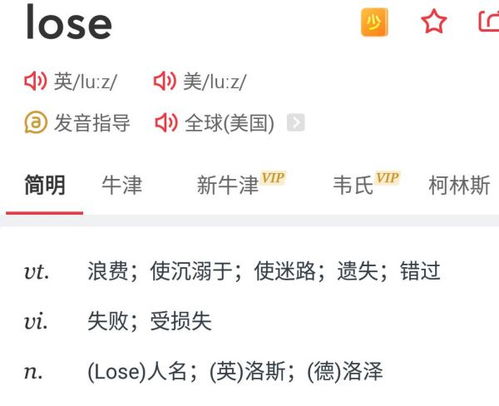hate后面的动词可用不定式形式,也可用动名词形式,当后面接to do时,表示偶尔为之,常指一次行为;当后面接动名词时,表示习惯性动作,指一般倾向。hate可作名词和动词,含义有讨厌、不想、仇恨等。
hate的中文意思及用法介绍

1、作为动词,意为厌恶,讨厌,憎恶(某事物);憎恨,憎恶,仇恨(某人);(表示不愿说某事,或客气地请求)不愿,不想。
例句:I hate Monday mornings.
我讨厌星期一早晨。
He hated to be away from his family.
他很不愿意离开家。
The two boys hated each other.
那两个男孩相互仇视。
I hate to say it , but I don't think their marriage will last.
我不愿这么说,但我觉得他们的婚姻不会长久。
I hate to rush you but I have another appointment later on.
我真不想催你,但我稍后还有一个约会。
I hate to tell you this, but tomorrow's your last day...
我很抱歉地通知你,明天是你的最后一天了。
I just hate to see you doing this to yourself.
我真不愿意看到你这样对待自己。
I'd hate to think my job would not be secure if I left it temporarily.
希望我的工作不会因为我暂时休假而不保。
2、作为名词,意为憎恨;厌恶;仇恨;所憎恶的人(或事物)。
例句:Plastic flowers have always been a particular hate of mine.
我一向特别厌恶塑料花。
You saw hate in their eyes and you were on the receiving end of that hate
你在他们的眼睛里看到仇恨,而且你就是他们仇恨的对象。
She became caught in a whirlpool of hate.
她陷入了仇恨的漩涡。
How can you have so much hate in your heart?
你的心里怎么会装有这么多的仇恨?
(责任编辑:王浩轩)









还木有评论哦,快来抢沙发吧~